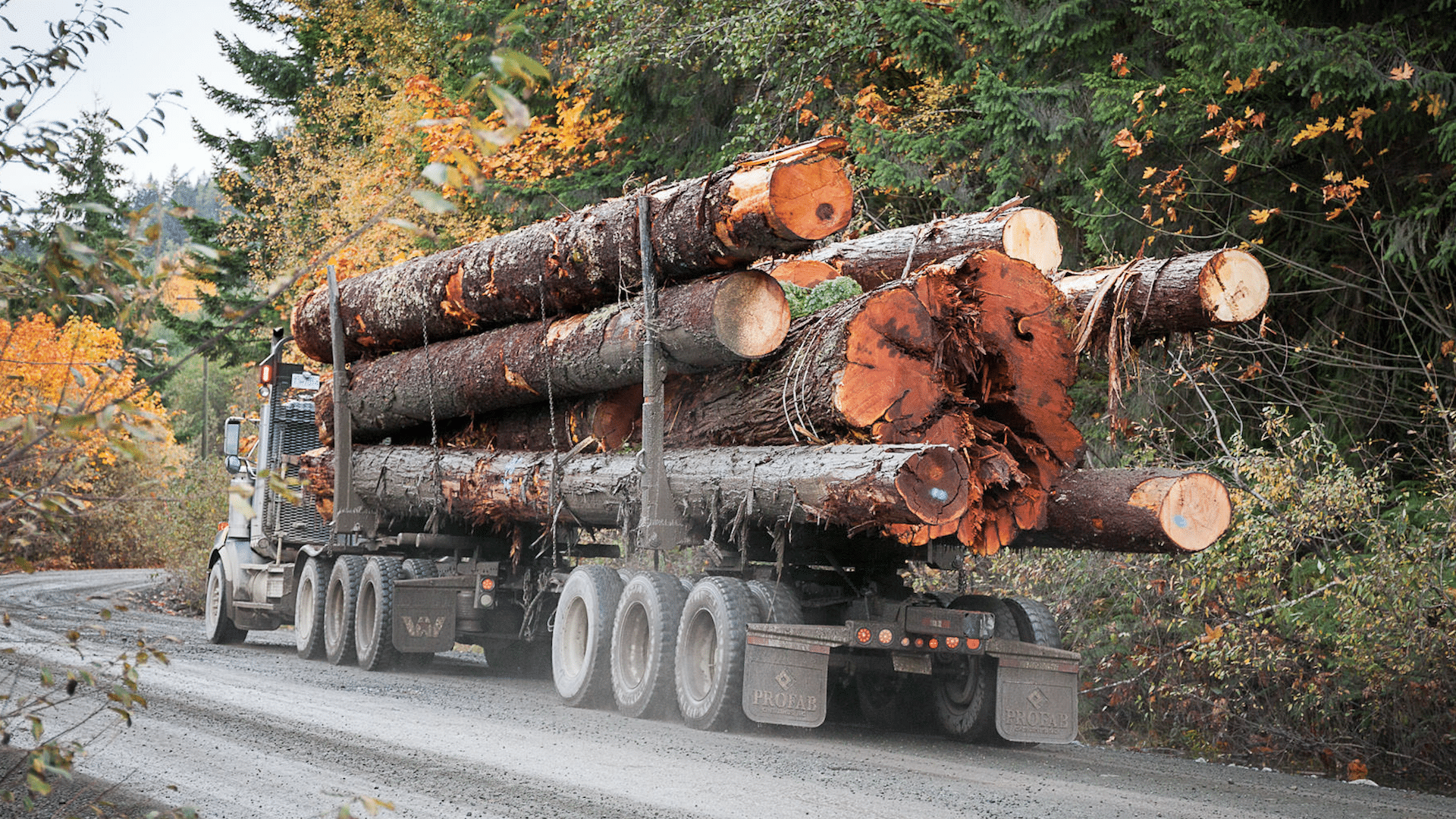Earlier this week, I paused to celebrate the accomplishments on my three big issues over my first 24 months in provincial office. It’s important to stop and acknowledge the distance travelled. However, it is equally important to be honest about how far we have to go.
While navigating the logging roads out to the west coast, it’s not possible to ignore the visible impact of generations of logging on Vancouver Island. We are tearing away at the hillsides with huge cut blocks exposing rock and soil. We are stripping and shipping the fibre, carving away at community watersheds and eroding the biodiversity of life-giving ecosystems.
Look at what we have done
Life has thrived on earth for millions of years. Yet, in just the past 150 years of industrial logging we have clearcut much of British Columbia’s productive ancient forests. These are some of the oldest living creatures on earth. I hear the stories from the locals in all parts of the province I visit. They lament what is no longer – the trees, the fish, the water fowl, the ungulates and the watersheds. They fear for the survival of their communities and their homes.
While the province is happy to collect the revenue from the extraction, we offer little help for the communities to transition. Sure the province will splash cash around every once in a while but it is neither consistent nor is it reliable.
We need to change our approach and it will have to be a dramatic change. It’s not just in forestry practices but our entire economy and our relationship with nature. The science is telling us that we have little more than a decade to address catastrophic global warming. The situation requires an urgent response and we cannot afford to be timid.
Parent or partner?
One area that I will be exploring in more detail in coming posts is the relationship between the provincial government and local governments. The dysfunction is in provincial legislation. It’s one of the motivating forces that got me to run for provincial politics. The source of much of the sadness I referenced above is due to provincial decisions about resource management and frustration that politics motivates investments.
The climate crisis will require a level of community resilience our political system and government institutions are not prepared for. Whether it is wildfires, flooding, sea-level rise, or drought — and this list is by no means exhaustive — the current model of a provincial minister making decisions about resource extraction from an office in Victoria is not sustainable. Consultation is not enough. If we expect communities to be able to survive, then going forward the province will need to be far less the parent and far more the partner.


I’d prefer not to have another dysfunctional partner until the “parent” can get itself therapy for it’s abusive tendencies and successfully complete a program to kick it’s resource and gdp addictions.
I’m not entirely sure that will or can happen from within the walls of the legislature but I’m looking forward to reading your thoughts on this process towards resiliency and restorative justice. Appreciate all your efforts in the pursuit of change and transformation.
Until we run out of gas and oil, macho logging and other resource extraction industries will rape and pillage the natural world. We humans have to change our greedy minds into hearts that feel the pain of other species.